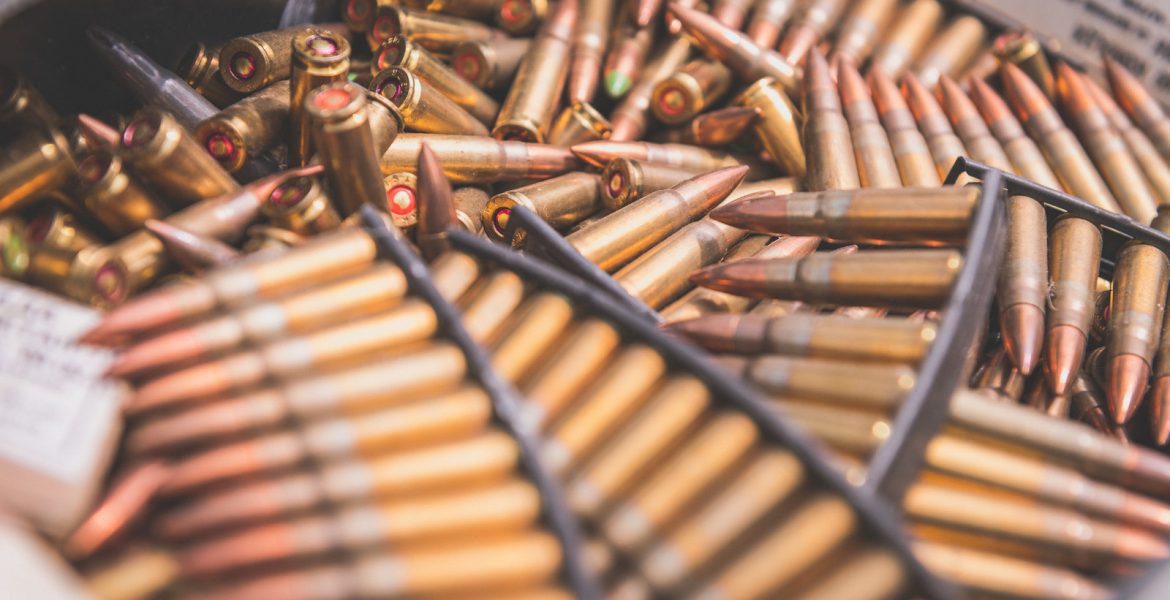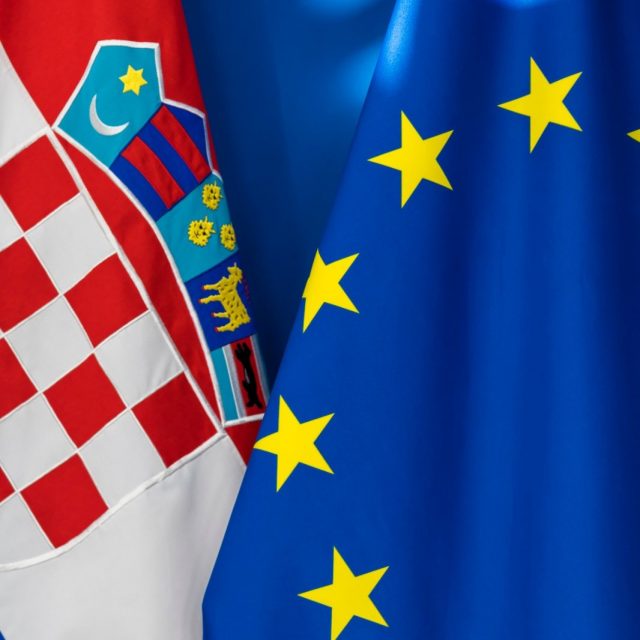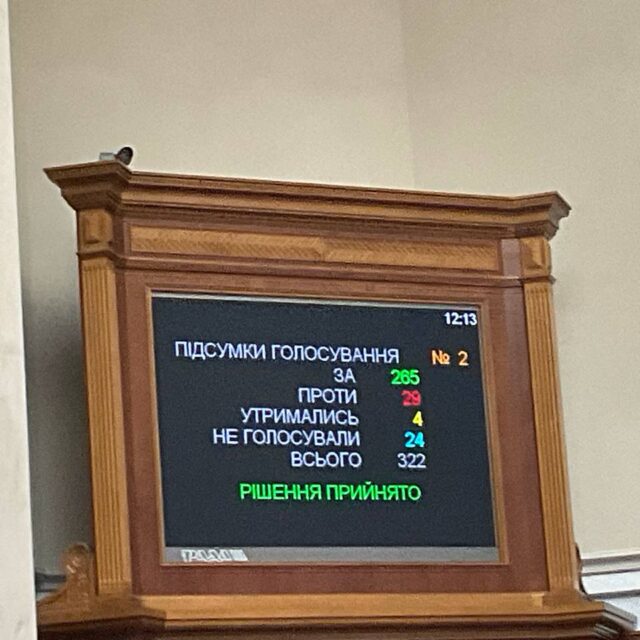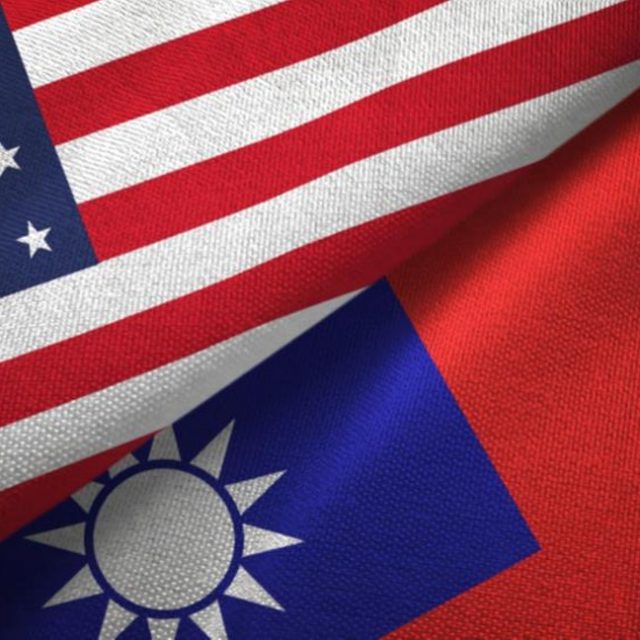The current armed crisis in the Central African Republic is one of a very complex nature, writes Frederick Ishimwe.
It is not rooted in the religious or ethnic differences as some of the commentators try to present it, as we see that several ideologically opposed groups all of a sudden joined together under the CPC (Coalition des patriotes pour le changement) banners. The crisis of such a scale involves a number of the outside players, including the closest neighbouring countries of the Central African region.
Angola hit the headlines this week after they invited the leaders of the armed groups who build up CPC to join a summit on the situation in the Central African Republic scheduled for March 2 in Luanda. According to the media, several leaders, including Noureddine Adam, Ali Darassa and the infamous François Bozizé agreed to take part in the discussions. Planned and implemented by the Angolan side, whose Gilberto Da Piedade Verissimo is the current president of the Economic Community of Central African States commission (ECCAS), this diplomatic move was presented as the needed mediation for achieving a ceasefire and eventually a peace agreement in the Central African Republic.
However, it strongly contradicts both the will of the Central African people, who have been permanently protesting against the dialogue with the armed groups, and the official position of the elected President of the Republic, Faustin-Archange Touadéra. While being open to negotiations with the political democratic opposition, the President of the CAR has sent out a clear message, that he won’t have any dialogue with the people who raise arms against the people of the Central African Republic.
The Central African Republic has been ravaged by armed conflicts for a long time, which led to the imposing of the arms embargo by the United Nations. The embargo, designed to decrease the influx of arms into the country, ipso facto stops the government from supplying the army with sufficient weaponry. On the other hand, multiple evidence shows that the armed groups keep getting their supplies through illegal routes and schemes. The under-equipment of the national army has been one of the most pressing questions for the Central African government, that prevents the government from stabilising the security situation in the country.
Prior to the presidential and legislative elections in the Central African Republic on 27 December 2020, the representative of the Angolan government contacted the candidate for President Faustin-Archange Touadéra offering informal help in the security crisis unravelling in the Central African Republic. The supply of arms sidestepped the restrictions imposed by the United Nations.
Taking a closer look at Angola’s economic situation we can see the staggering difference between the well-being of the common people and the ruling elites. Angola, a country incredibly rich in oil, still stays one of the poorest in the world. The level of unemployment keeps growing, while the economy is stagnating. At the same time the President of the country João Lourenço and those close to him possess valuable assets of shady origin. According to Pangea Risk, a consultancy specializing in Information Analysis for risk management on businesses in Africa and the Middle East, the President of Angola is currently under investigation by the USA for multiple breaches of law, corruption and involvement in irregular transactions.
The offer of the Angolan side was declined by Prof. Touadéra, as from the beginning of his first presidential term he committed to rebuilding the national Army by legal means in order to ensure security throughout the country and to strengthen the credibility of the democratically elected authorities. It is also important to consider how much diplomatic work had been done by that time to achieve the total lifting of the embargo, using democratic mechanisms under international law.
But when it comes to weaponry in Africa, one can always find those who would be willing to pay for unlicensed arms. In the case of the Central African Republic it was François Bozizé and the leaders of the armed groups.
Now when it has become obvious that the reform of the national army and the support of the various partners like Russia and Rwanda, has borne fruit and led to continuous losses on the side of the rebel forces, Angola will try to save their buyers from total annihilation.
As we see, the ruling coterie of Angola is not interested in the stability of the Central African Republic, or the region as a whole. Instead of focusing on healing their own economy through diversification and optimisation, Angolan officials are busy managing their private shady business.
The Author, Frederick Ishimwe, is a Rwandan expert in the shadow economy and ammunition trafficking in Africa.




